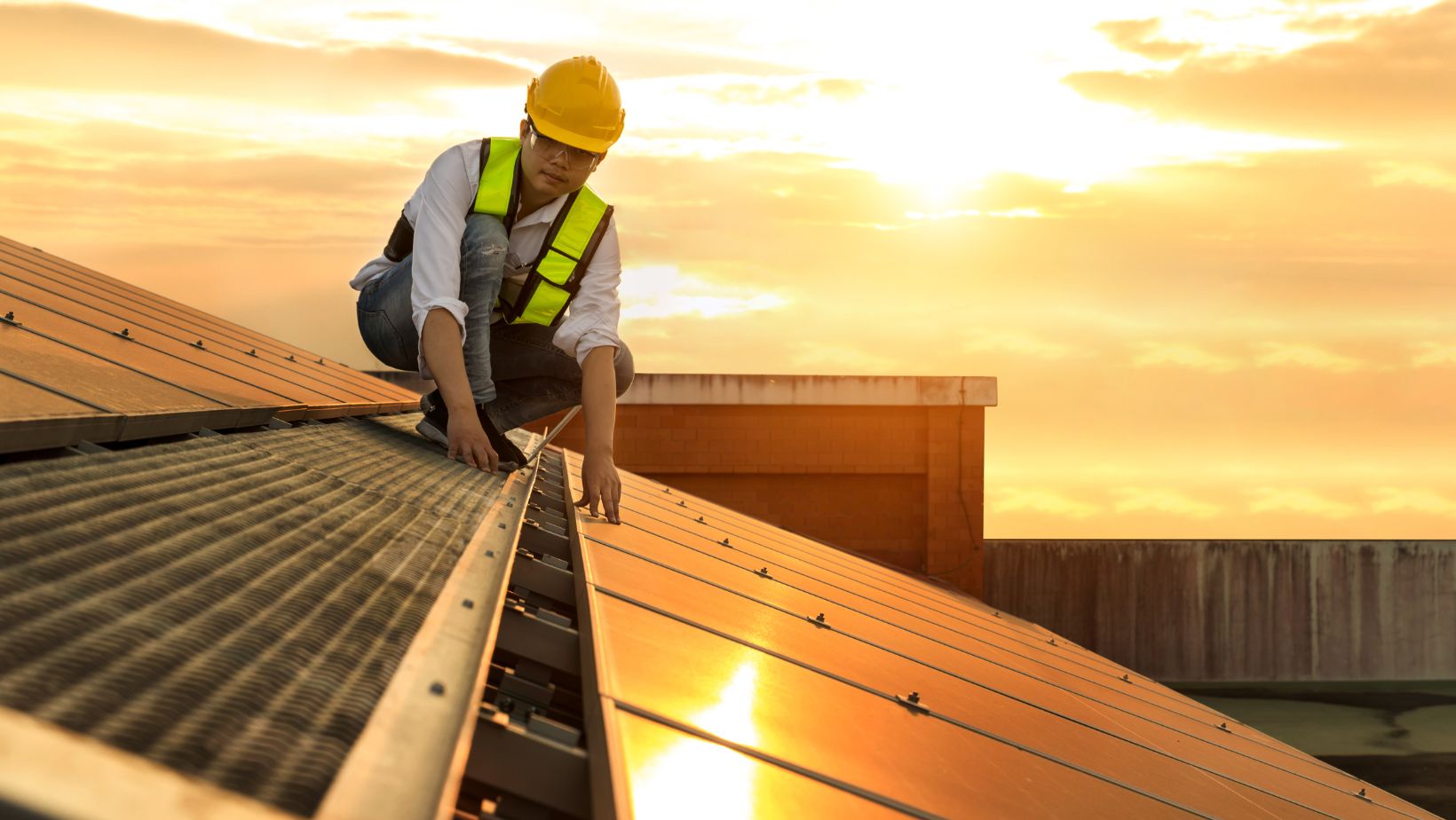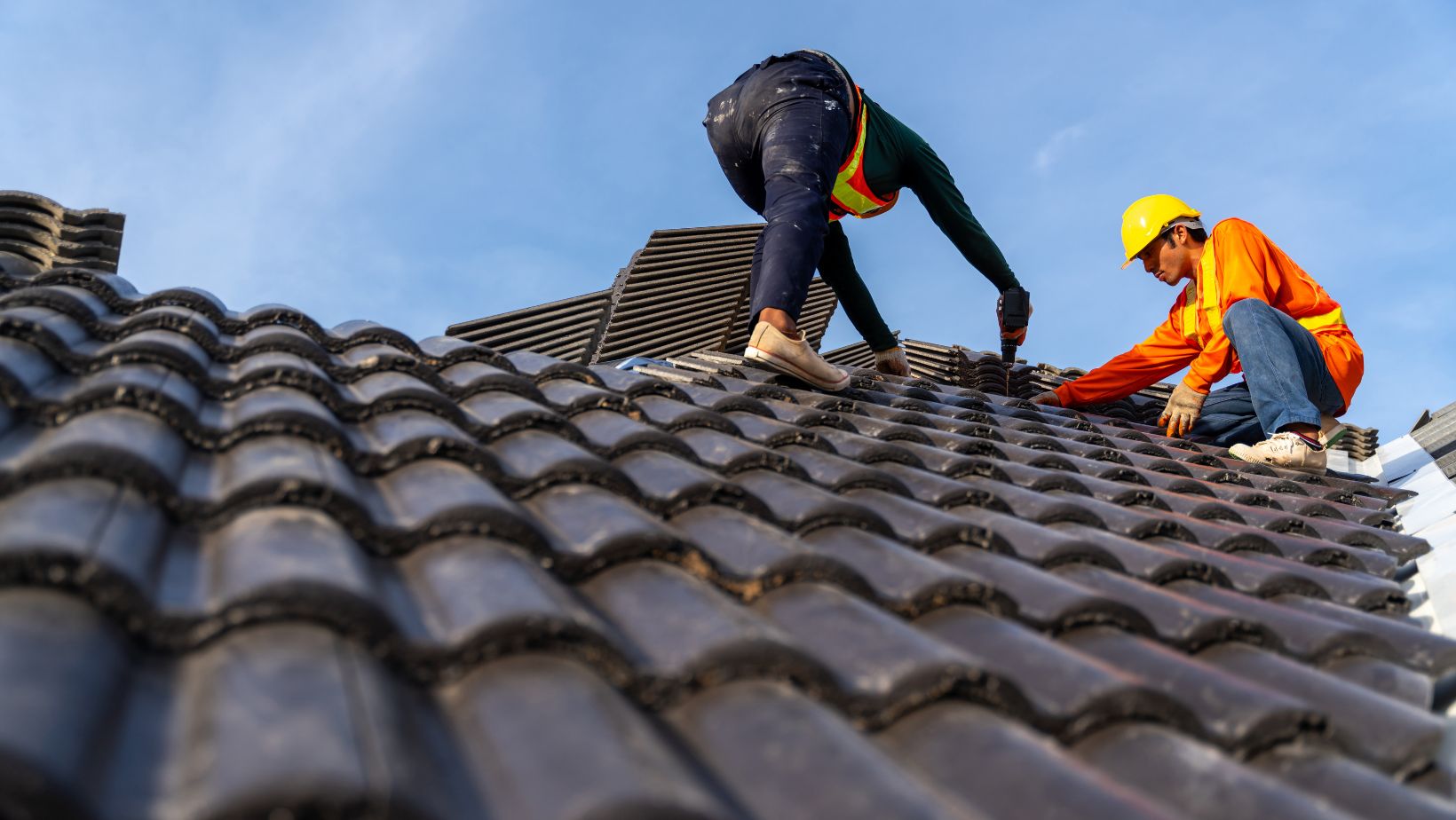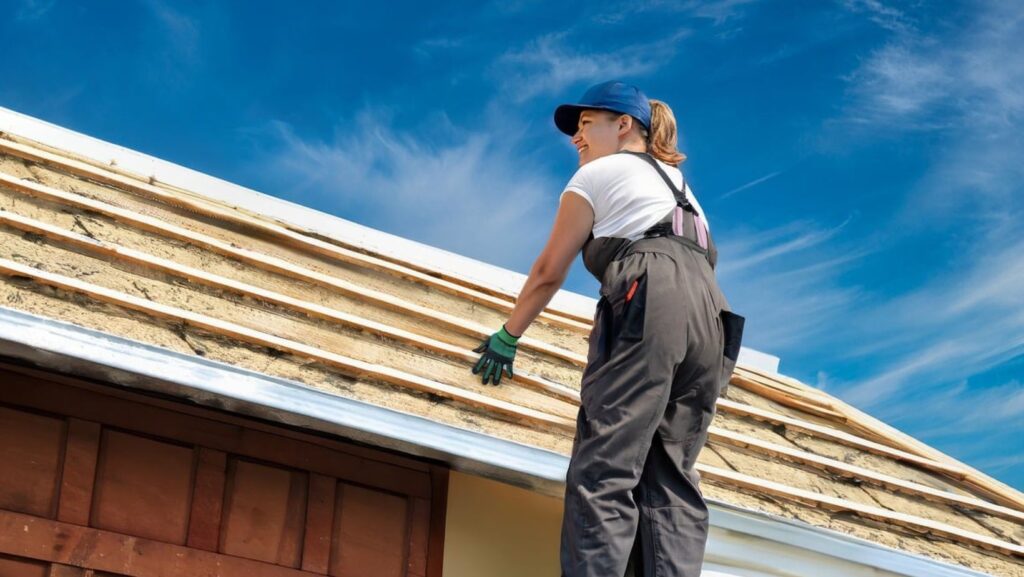When faced with roof issues, deciding between repair and replacement can be overwhelming. Understanding the signs that indicate whether your roof needs a quick fix or a complete overhaul, from roofer in Toms River, is crucial. This guide is going to help you evaluate your roof’s condition, consider cost implications, and explore factors that will ultimately assist you in making an informed decision.
Age of the Roof
The age of your roof is a critical factor in determining whether to repair or replace it. Most roofs have a lifespan of 20 to 30 years, depending on the materials used. Space City residents are told by their Houston roofer that if their roof is nearing the end of its lifespan, multiple repairs may indicate that it’s more cost-effective to replace it rather than continue patching up issues. Don’t hesitate to act if you suspect this.
To assess your roof’s age, check the documentation from the initial installation or consult a professional roofer who can provide insights based on material and design. Additionally, observing the condition of shingles or tiles — worn, curling, or missing pieces may suggest that age is compromising your roof’s integrity, making replacement a more viable option to ensure long-term protection for your home.
Extent of Damage
The extent of damage is a crucial factor in determining whether to repair or replace your roof. If the damage is localized, such as a few missing shingles or minor leaks, a repair may be a cost-effective solution. However, widespread damage, like significant leaks, rotting wood, or extensive shingle wear, often signals that replacement is necessary to ensure the safety and longevity of your home.
To assess the extent of damage, inspect your roof closely from both the ground and the attic. Look for water stains, sagging areas, or mold growth. Further, consider hiring a professional roofer for a comprehensive evaluation. They can provide expert insights into the severity of the damage and recommend the best course of action, whether that entails repairs or a full replacement.
Inspection Findings
Having the roof inspected once a year by professionals such as Global Exterior Experts is crucial to identifying potential issues early on and avoiding costly repairs down the line. During these inspections, pay attention to any signals that could indicate your roof needs repair or replacement.

Here are some things to look out for:
- The extent of shingle damage
- Leaks and water damage
- Condition of decking
- Presence of granule loss
- Flashing and ventilation issues
- Moss, mold, and algae growth
- Roof age and material condition
Regular inspections highlight underlying issues, such as leaks or structural damage, that may not be immediately visible. This information helps homeowners make informed decisions that can save money and ensure safety.
Energy Efficiency and Insulation
Energy efficiency and insulation play a vital role in determining the sufficiency of your roof. A well-insulated roof minimizes heat loss in winter and keeps the home cooler in summer, reducing energy costs. If your roof has worn insulation or gaps that compromise its effectiveness, repairs may not be enough to improve energy efficiency, leading to higher utility bills over time.
To assess this, conduct an energy audit, check for drafts, inspect attic insulation, and evaluate the roofing materials’ efficiency rating. Consulting with a professional can provide insights on whether enhancing insulation is feasible alongside repairs or if a full replacement would better serve the home’s energy requirements and long-term savings.
Long-term Plans for the Property
If you foresee staying in your home for years to come, investing in a new roof can enhance durability, energy efficiency, and curb appeal, ultimately increasing property value. Conversely, if you plan to sell soon, a repair may suffice to address immediate issues without significant investment.

To assess long-term plans, evaluate your future needs, including potential renovations or expansion, market trends in your area, and your budget. Consulting with a real estate professional can provide insights into how a new roof can affect resale value, helping you make a decision that aligns with both your current situation and future aspirations.
Cost Comparison
Cost comparison directly impacts your budget and long-term financial health. Evaluating the costs of repairs versus a new roof helps you understand which option provides better value over time. Start by gathering detailed quotes for both scenarios from qualified roofing contractors. Factor in not only the immediate expenses but also the potential long-term costs associated with ongoing repairs against the lifespan of a new roof.
You should also consider the costs of increased energy efficiency with a new roof, the potential for higher insurance rates for older roofs, and the overall impact on your home’s resale value. A thorough cost analysis will guide you in making a well-informed decision that balances quality, durability, and affordability.



